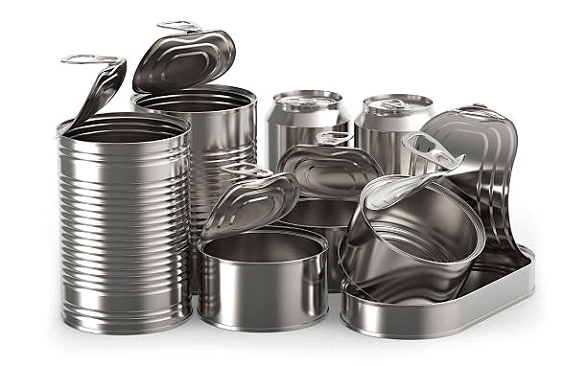U.S. consumer packaged goods and materials trade groups are becoming increasingly accustomed to extended producer responsibility legislation in state legislatures.
Leaders opined on lessons to be learned from Minnesota, New York and other states.
Minnesota’s Packaging Waste and Cost Reduction Act was pioneered in 2022.
Other states such as Hawaii, Tennessee and Washington have completed early meetings to achieve similar ends.
Similarly, the New York Senate passed the Packaging Reduction and Recycling Infrastructure Act, but the Assembly did not vote on it because time ran out.
After Illinois and Maryland passed study bills last year to move forward with RAP exploration, Extended Producer Responsibility (EPR) did not complete that path, as Dan Felton, executive director of Ameripen, said.
Environmental groups sometimes see bills like the one in New York as a window of opportunity to address plastic pollution concerns in general.
But industry groups miss more practical and less cosmetic measures.
Ameripen adds that an EPR bill doesn’t have to be overly complex and cumbersome because, then, “you won’t get to the finish line,” Felton said.
American Beverage echoed that. “Not everything called RAP is RAP. It can’t be a catch-all of environmental policy, which is what we saw in New York,” its officials said.












